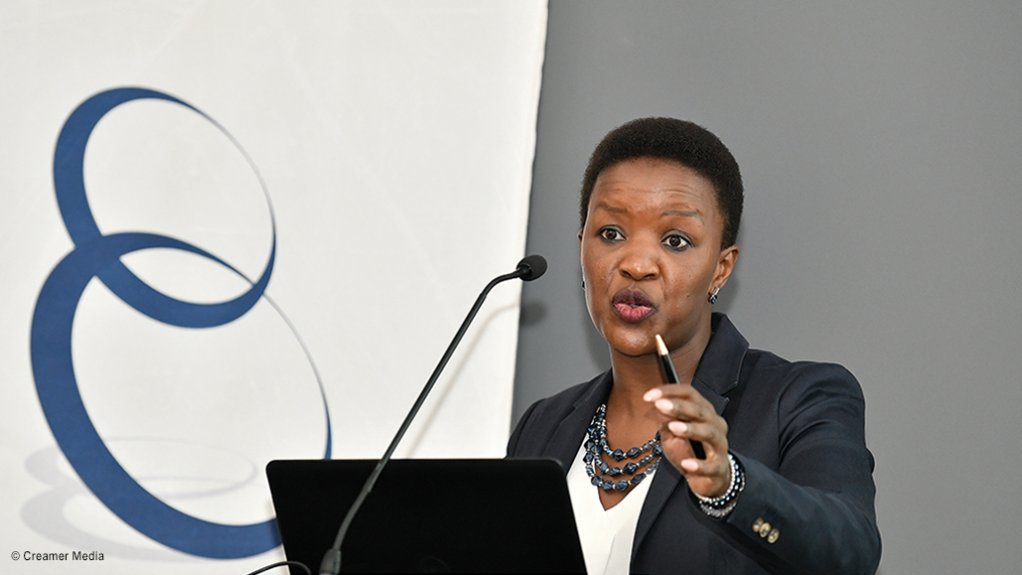With Finance Minister Enoch Godongwana set to table South Africa’s third iteration of the 2025 national Budget to Parliament on May 21, Business Leadership South Africa (BLSA) CEO Busi Mavuso says the only way forward is to reduce expenditure within government’s means.
While this exercise is politically difficult, Mavuso believes the country is in dire need of a mature and honest assessment of what parts of government are delivering value to taxpayers and which are not.
“While it is good that our Budget is subject to democratic interrogation, the Government of National Unity, as well as others in Parliament, must show they have the political bravery to make decisions that won’t please everyone,” she states.
She explains that government often sets up new projects and creates new spending lines, which are well and good, but not when it leads to a proliferation of entities, not all of which deliver value for money.
Mavuso attributes the difficult process to having a final, approved Budget this year to mediocre economic growth, since growth that generates government revenue effectively can lead to sustainable public spending.
South Africa’s already low economic growth has been exacerbated by trade wars since February, with the economic growth expectations for the country now being markedly lower than when the first Budget was presented.
“This means there will be less tax revenue available to government as businesses become less profitable and consumers spend less.
“The situation we must budget for now is worse than it was two months ago,” Mavuso points out.
To not compound the bleak economic outlook, Mavuso suggests the Budget not increase debt levels, especially since the National Treasury has worked hard to turn around the crisis that government finances were in five years ago.
Should South Africa again achieve investment-grade credit ratings, it will result in a lower cost of debt for government and the whole economy; however, if debt levels increase, investors will demand higher interest rates to buy government’s debt, consume more tax money and damage economic growth.
In this scenario there are only two real choices, Mavuso explains, to increase taxes to allow for higher government revenue or to decrease expenses. Treasury initially proposed to increase the value-added tax rate to raise more revenue, but this has been roundly rejected.
In terms of other taxes, personal income and corporate taxes are already high by global standards; therefore, implementing increases to these taxes will lead to people and businesses shifting economic activity out of South Africa.
Of course, Mavuso says, there is much else the country can do to improve growth, including continuing the collaborative relationship between business and government in driving structural reforms.
She confirms that the next meeting between organised business and government is due to take place on May 9, which can take into account the impact of tariffs proposed by the US, when the stakeholders revisit the goal of delivering 3% economic growth rate by the end of the year.
“We must redouble our efforts to drive reforms to improve the performance of our economy and global conditions have just made the task more urgent. We must think carefully about how opportunities have shifted and ensure our partnership and plans are geared for the world as it now is,” Mavuso says.
She stresses that the country must escape the low-growth trap it has been in for more than ten years, which will “require brave and innovative thinking” amid the new global environment.
EMAIL THIS ARTICLE SAVE THIS ARTICLE ARTICLE ENQUIRY FEEDBACK
To subscribe email subscriptions@creamermedia.co.za or click here
To advertise email advertising@creamermedia.co.za or click here











